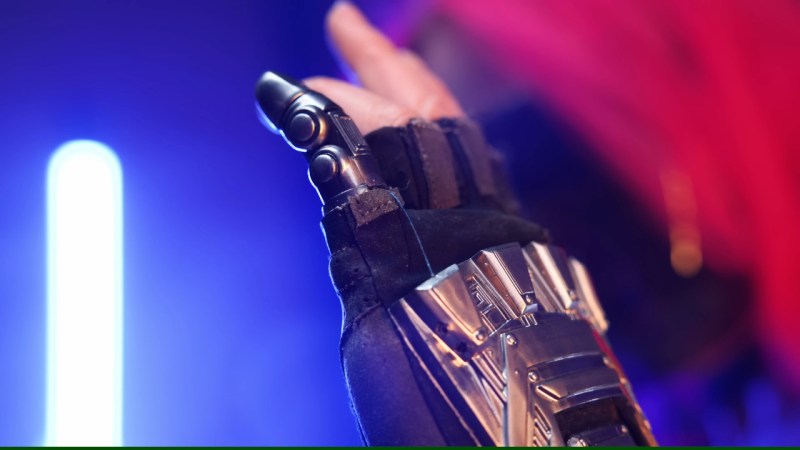"Why you have an accent in a foreign language":
Another reason people are betrayed by their accents in other tongues, even if they are otherwise proficient, is that a language’s rhythm can be hard to pin down. They differ in how they space the syllables in a sentence. Cantonese and Italian, for instance, are “syllable-timed”: every syllable has roughly similar duration. Read this sentence aloud and try to pronounce every syllable this way, and you may find yourself halfway to mimicking an Italian. English is “stress-timed” (though less strictly), meaning that stressed syllables occur at roughly regular intervals, the remainder tending to be less distinctly pronounced. This is how you could distinguish Italian from English being spoken through a wall, even without being able to make out any individual sounds or words.
/2023/03/28/image/jpeg/tEfAbqwvigJQMc9Zy1OmHITFoPH2G819bVP2J45h.jpg)


